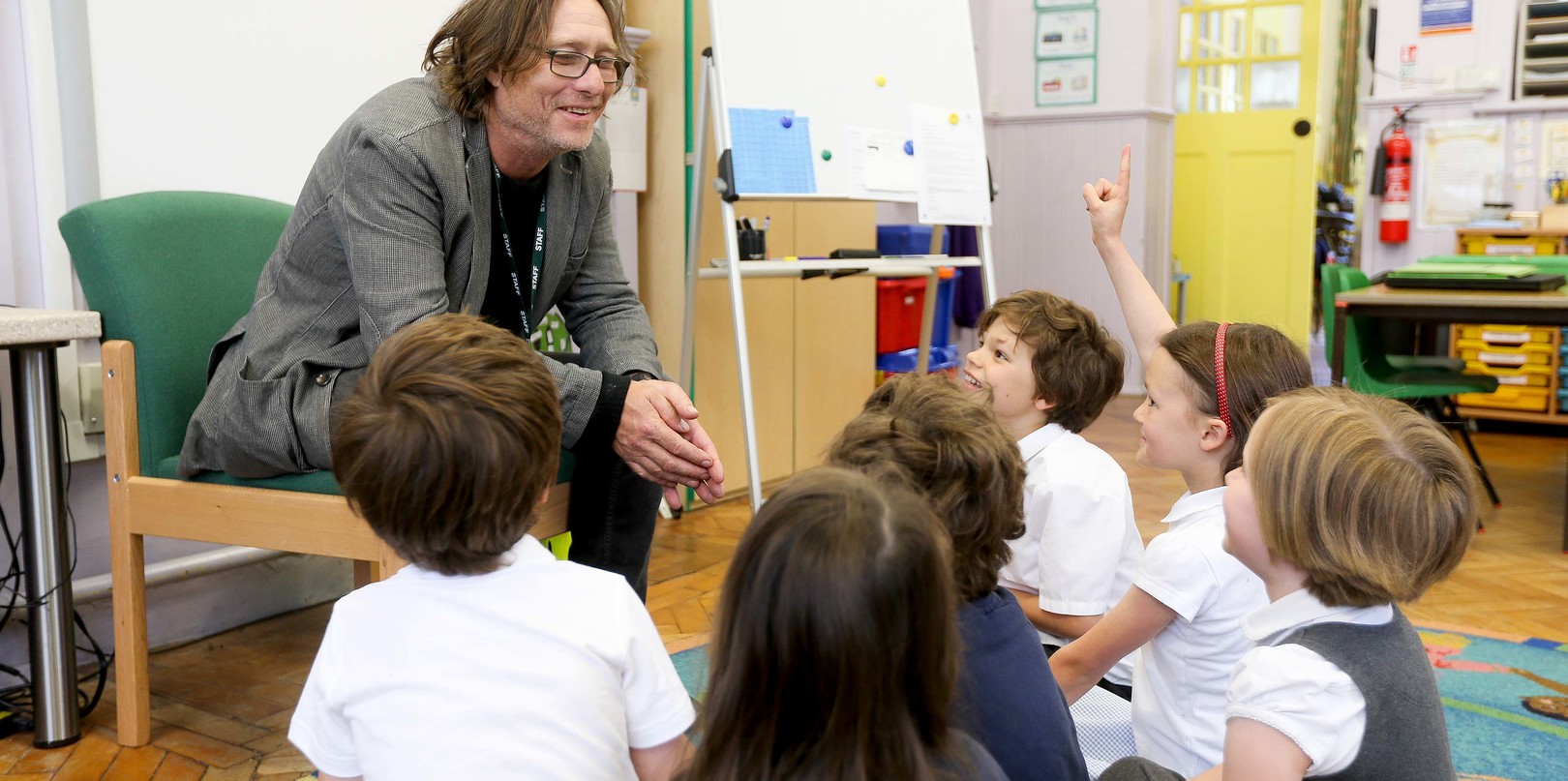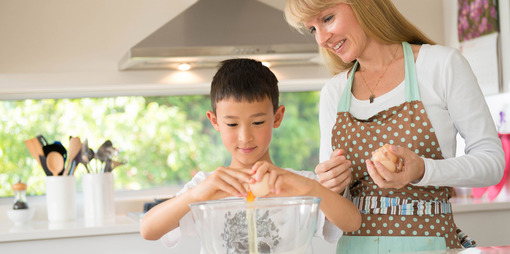OMG… I got it wrong again!

OMG… I got it wrong again!
Thomas Edison, the man to whom the discovery of the light bulb is attributed, said; ‘I have not failed. I've just found 10,000 ways that won't work.'
I remember being scared of going to my maths lessons. It was a deep physical fear, and it would start in the lesson before. For the whole hour I would feel anxious in case Mr Smith (not his real name) would ask me a question I didn’t know the answer to. He was a kind and gentle teacher. He never shouted or dealt out detentions, so why did I feel that way? What was it that had me so terrified?
A few years back I was in a lesson supporting a new maths teacher. I can’t remember his name (so I will call him Mr X), but to this day I remember what it felt like to be in his classroom and more importantly, how the students interacted and behaved in regard to their learning. To set the scene, this was not a top set. Many of them struggled with maths. My experience of students who find things difficult is that they cover up when they don’t know by choosing to cause disruption or talk a lot in lessons. Not so in Mr X’s class. In his lessons students regularly contributed answers that were incorrect, but it did not bother them that they got the answer wrong and they stayed engaged with the lesson. This was very unusual and inspiring.
He didn’t always reveal the right answer, but instead would get the students to explain how they arrived at their answer. He would let them guide him through as he wrote the steps down on the board, encouraging students to challenge each other. He did not give out individual praise for correct answers either, since they always got there together.
The presentation of things being right or wrong, black or white, correct or incorrect is deeply ingrained in us from childhood. And particularly in a school setting, even where there appears to be a choice, it is only given within certain parameters. In many science lessons for example, we unfortunately don’t conduct experiments to find things out, we conduct them with the outcome already known, and if the results don’t come out as the textbook says, then we tell the students there was something wrong with the experiment. Students learn that there is a correct answer and that therefore all others are incorrect.
I am glad that our scientists of the past had a different attitude. In the early 1900s Dr Alexander Fleming was trying to find new ways of treating bacterial infection. He was cleaning up his lab and noticed one of his old petri dishes had become contaminated with mould, however he also noticed that there were no bacteria growing around it. The mould was penicillin. Imagine if he had thrown out that old petri dish thinking he had done something wrong in allowing it to become contaminated?
Who wants to get things wrong? We can associate getting the answer wrong with being faulty in ourselves; that something is wrong with us and that’s the reason we’re not good at maths, or science or art etc.
How then does this fear play out into our adult lives? When you are afraid to be wrong, it limits your choices. You narrow down the things you will choose to do, and it can keep you to a restricted path.
What if we didn’t have anxiety about being wrong? You’re open to opportunities to learn and discover what you are capable of. Any gaps in your knowledge are simply things you don’t know yet. And there is the crux. We are so much more than our ability to remember facts. We learn best when we are relaxed and don’t feel judged. This requires a different setup in our education system that will nurture the whole person and value them simply for being who they are. A setup where children can happily get things wrong on their learning path, and be curious about why, just like Edison.
As in the example of Fleming, it is through exploration, without preconceived outcomes, that we have made numerous discoveries that advance society. If our education system is producing adults who are afraid to fail, we restrict ourselves to what is already known and hamper, if not totally extinguish the natural curiosity that was present in the young child. We are already whole, but the current system has us judging ourselves based on recall, when we are so much more than our capacity to memorise facts.
What I experienced in Mr X’s class was not about how many answers the students got right. There was a tangible feeling of collective learning, where the teacher was guiding, rather than telling.
The students felt valued because everyone’s contribution mattered. Getting the right answers was a by-product of what was truly happening. The students felt safe. Safe enough to fail, and because of that, they succeeded together.
Filed under
Children, Education, Intelligence, Performance anxiety, School



 PRINT PAGE
PRINT PAGE




